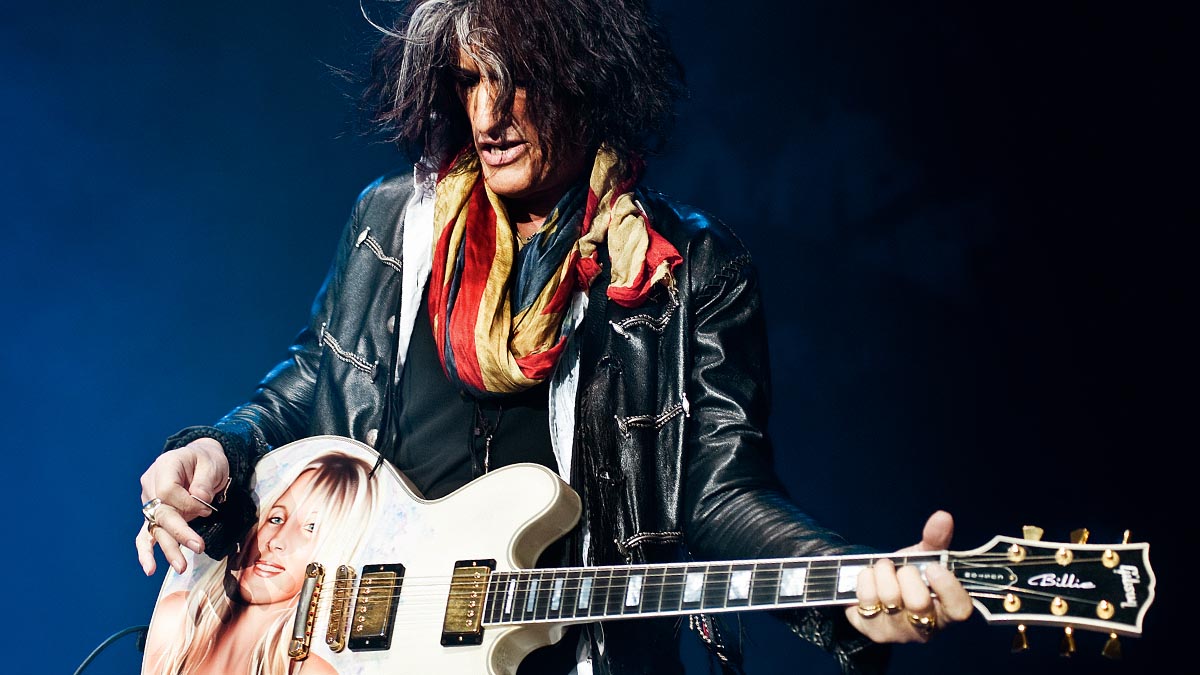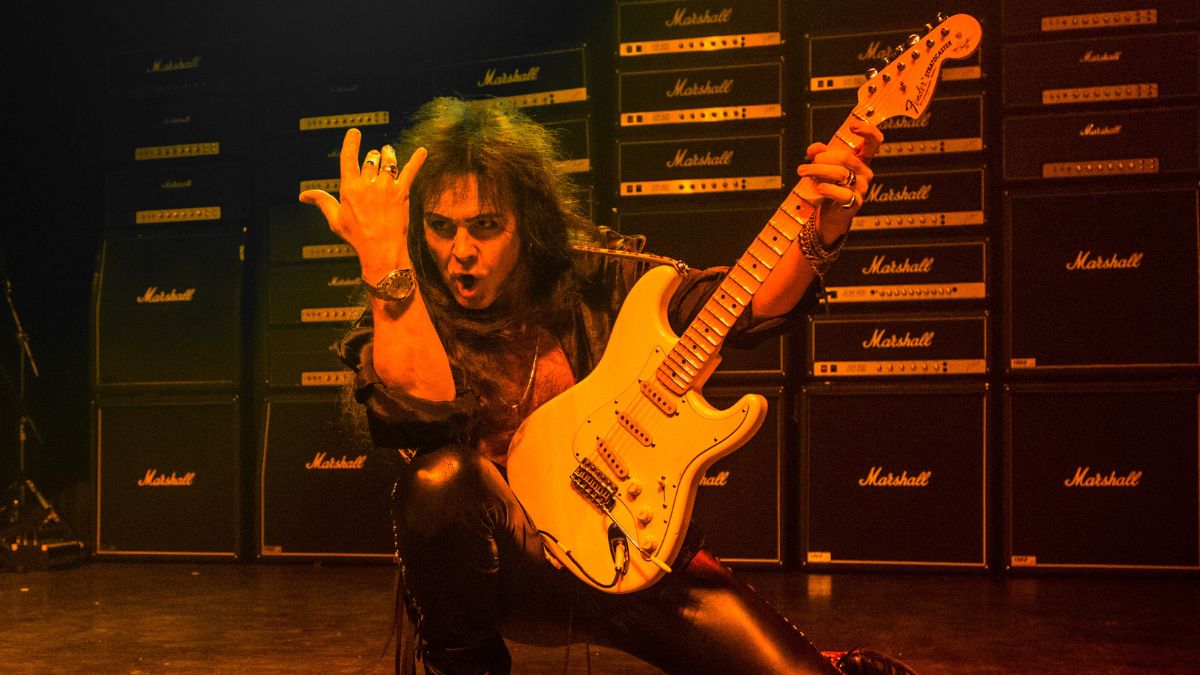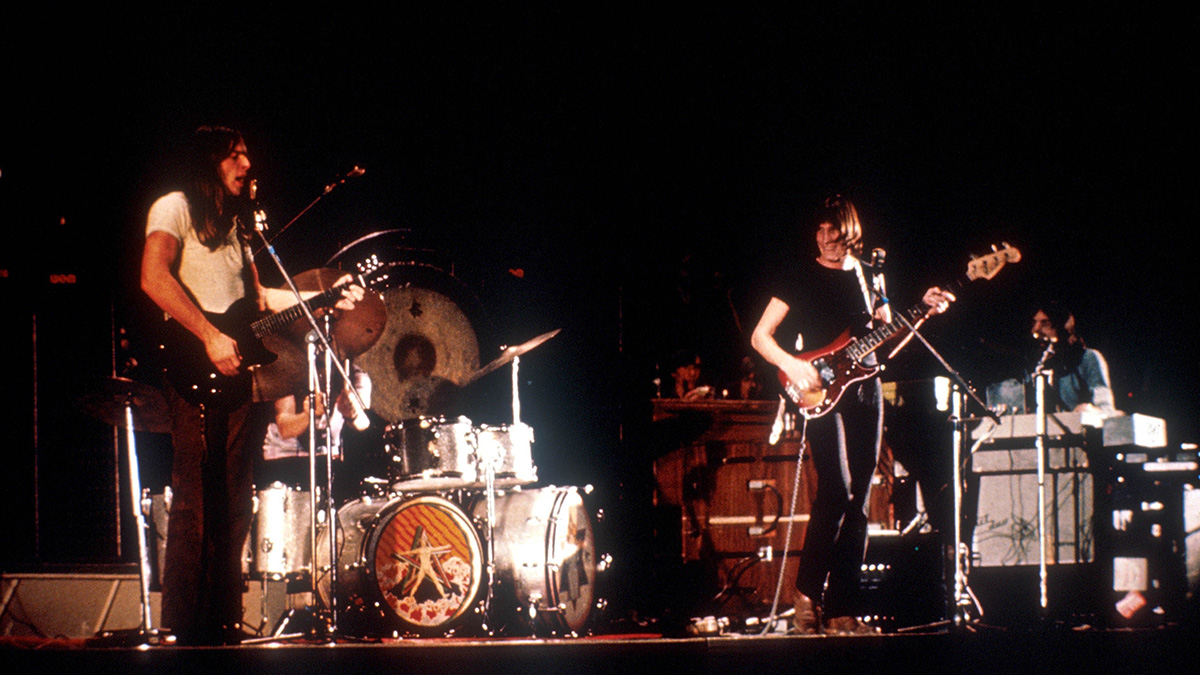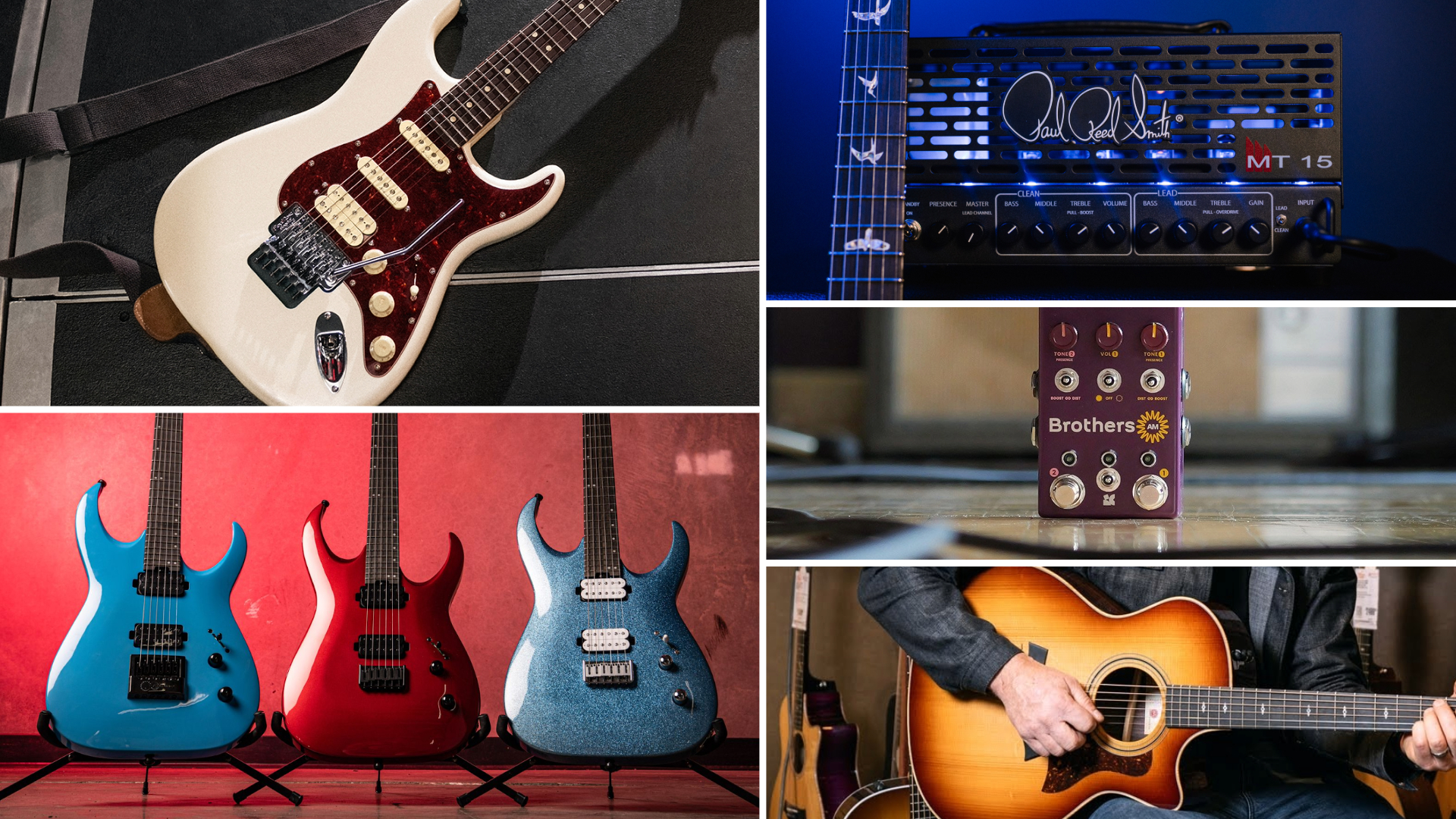“A painstaking tribute to the guitar that changed music forever”: Kramer’s MIJ 1983 Baretta reissue offers a detailed recreation of the shred guitar that, with a little help from Eddie Van Halen, made it the biggest guitar brand of the ’80s
Maple body, Floyd Rose and a Seymour Duncan ‘59 – what else does the discerning shredder need?
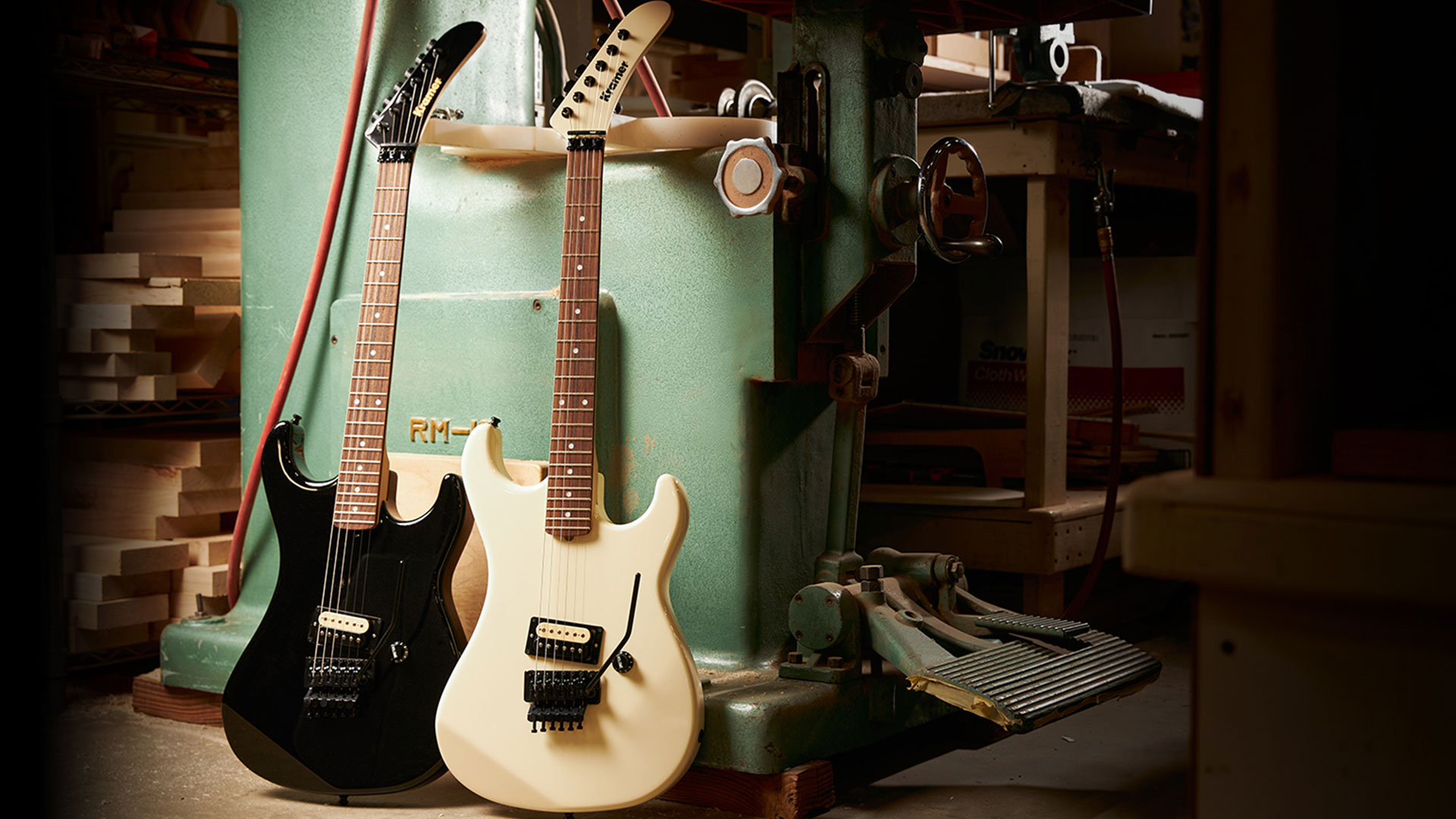
At one point, Kramer was the most in-demand guitar brand in the world. That accomplishment was due in no small part to Eddie Van Halen’s 1981 endorsement of the firm, and a few years later, its super-sleek Baretta build.
The Baretta was itself partly inspired by Van Halen’s custom-made Kramer 5150, and early builds were produced in the US at Kramer’s New Jersey base, using predominantly Japanese parts.
The brand really hit its stride in 1983, when it began equipping the Baretta with a Floyd Rose tremolo – making it the first to issue the revolutionary vibrato system as standard.
That year was also the first time Kramer (now owned by Gibson Brands) switched to its iconic banana-style headstock and, as such, that year’s model has become sought after as ‘the Holy Grail‘ by the new wave of ’80s-obsessed collectors that have emerged over the last decade or so.
Now Kramer has seen fit to create a historic reissue of that early-’80s US model, dubbed, simply, the 1983 Baretta Reissue.
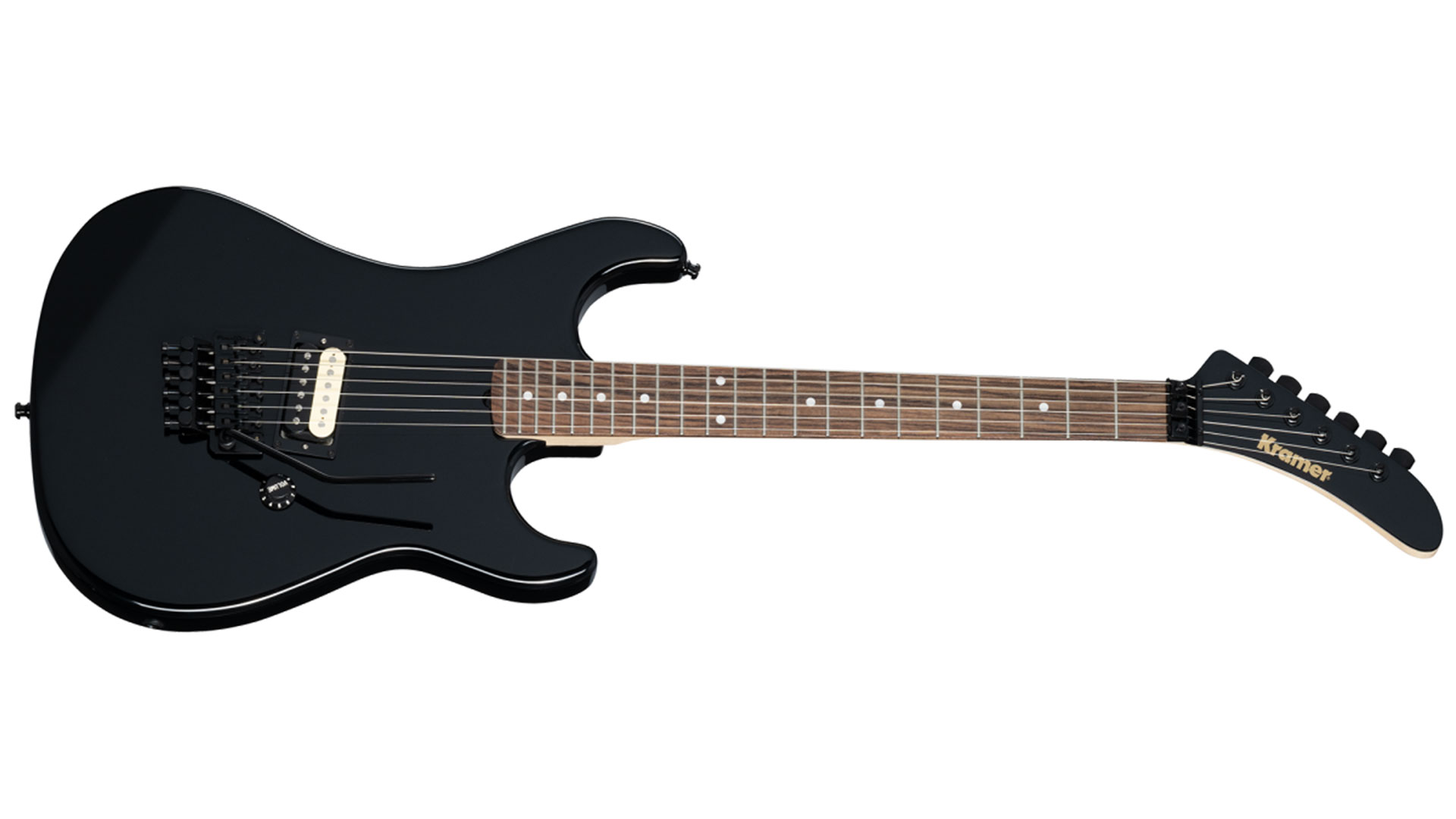
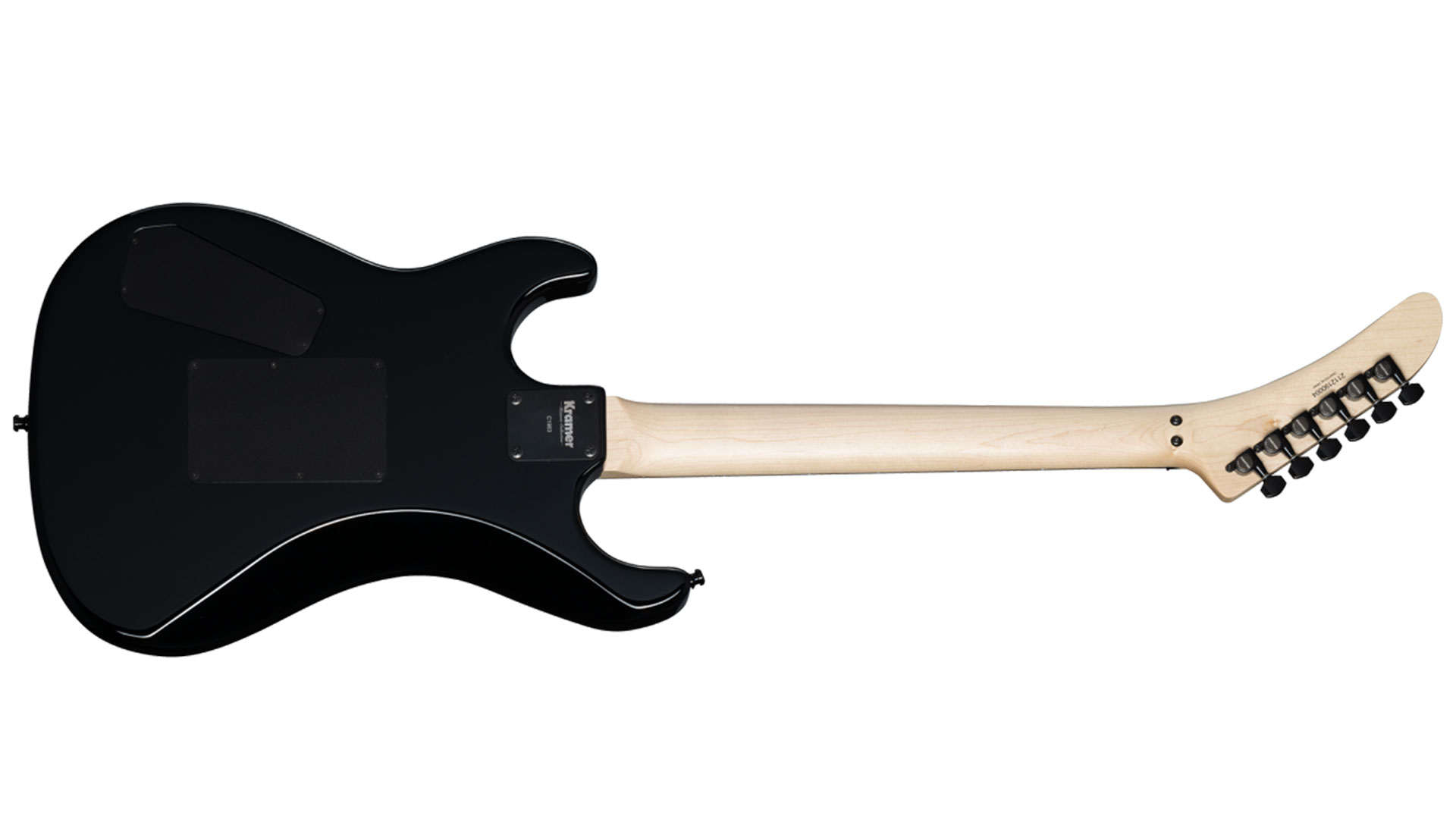
The firm is promising a slavish recreation of the ‘holy grail’ of Kramers and has pulled-out the stops here, going so far as to use 3D imaging to accurately recreate the original body and neck profiles.
As with the original 1983 Baretta, you can expect to find a bright, punchy maple body and a speedy, unfinished maple neck with a 16” radius, rosewood fretboard and 22 frets.
Get The Pick Newsletter
All the latest guitar news, interviews, lessons, reviews, deals and more, direct to your inbox!
Then, of course, there’s the oversized headstock (equipped with Gotoh SG360 Right-Angle tuners) and, at the other end of the scale, a Floyd Rose Original double-locking tremolo system.
Finish-wise, it’s available in Ebony or Classic White, which seems in keeping with its no-nonsense aesthetic.
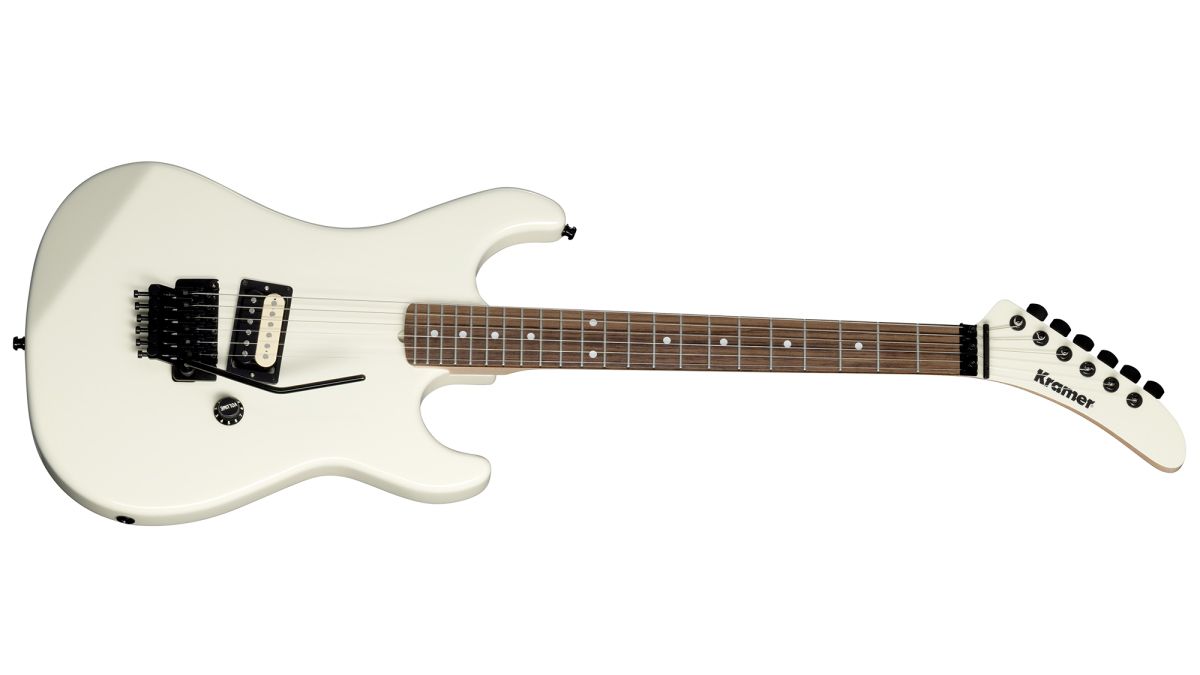
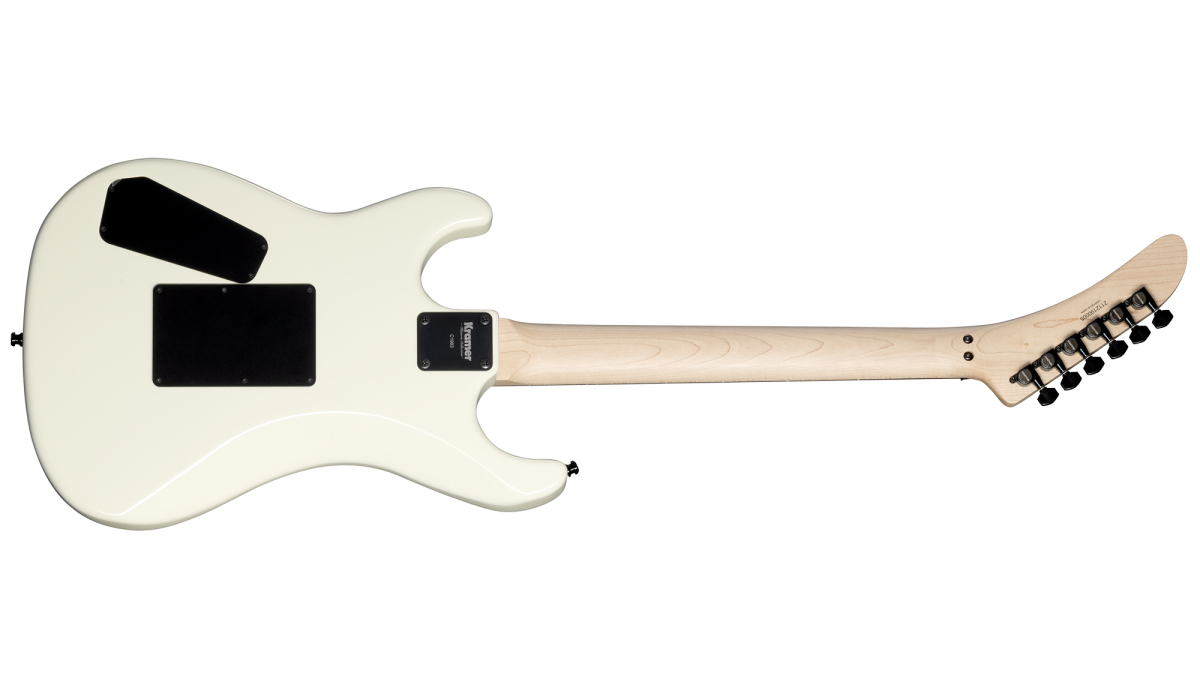
It’s a pretty uncompromising build, but there are a few key clarifications.
Firstly, the pickup is a Seymour Duncan ‘59, which featured in the models from 1985 onwards, as opposed to the Schaller Golden 50 humbucker found in the originals.
This, we assume, is simply down to availability of the original units, but it’s interesting that Kramer is favoring the Seymour Duncan over its own recent PAF-like Eruption humbucker, particularly as the latter was created in conjunction with Van Halen’s former luthier Jim DeCola and specifically designed to nail those early-’80s Kramer tones.
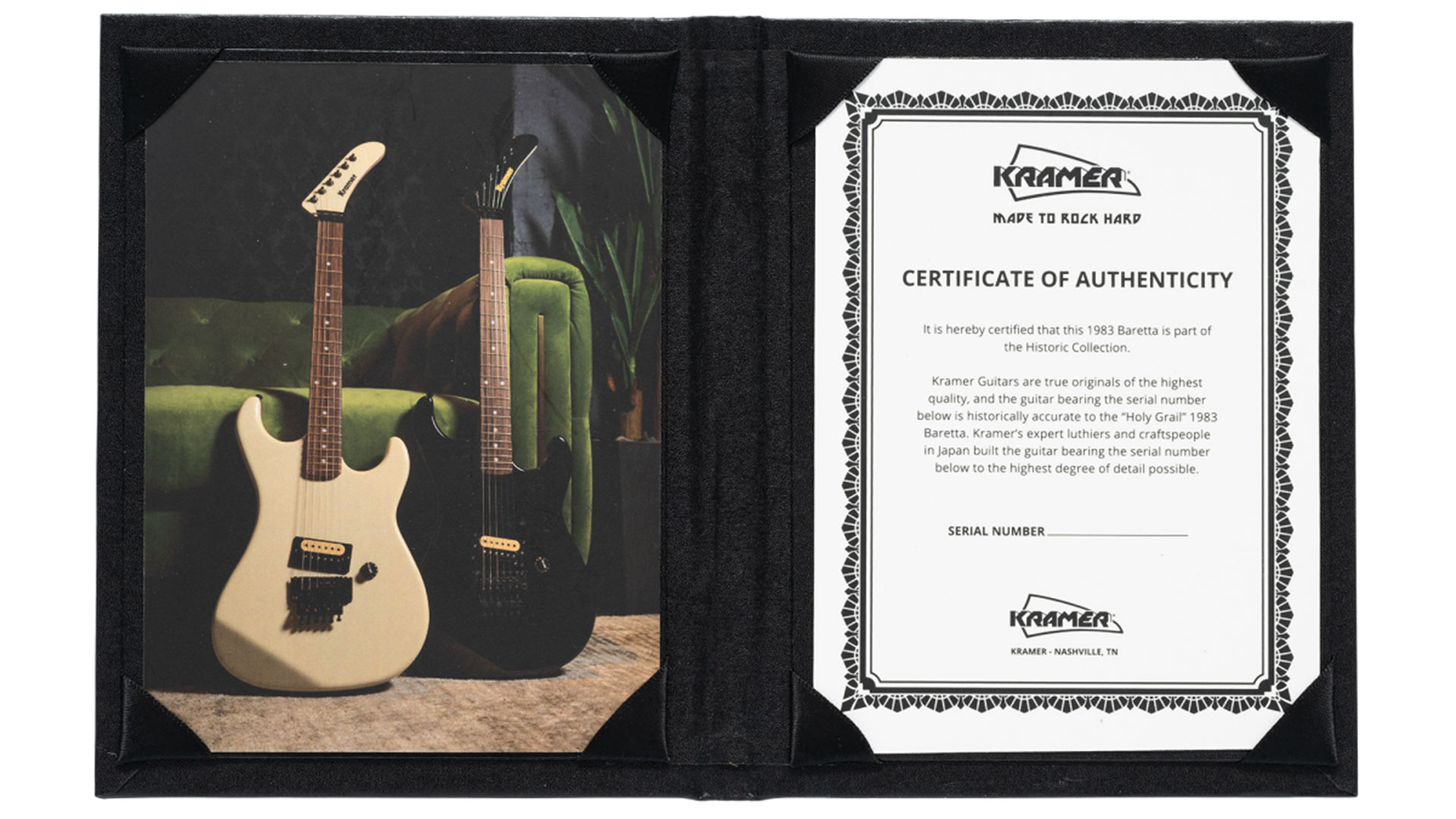
Regardless, whether it’s simply trying to be more faithful to the original Baretta spec, or keen not to sail too close to the EVH wind, we think most Baretta obsessives will find the Seymour Duncan ‘59 more than acceptable.
Finally, fans have been calling for the reintroduction of US-made Kramers since Gibson’s 2018 takeover – and, particularly, after Gibson CEO Cesar Guiekian told Guitar World in 2021 he wanted to have “both USA-made collections and overseas-made collections.”
However, despite the fact this model painstakingly recreates a USA Kramer, it is actually a Japanese build, which has a certain poetry, given the amount of Japanese parts that went into the originals, but nonetheless, sadly, does not hail the return of Kramer USA.
The (made in Japan) Kramer 1983 Baretta reissue costs $2,199 and is available now. For more information, head to Kramer.
For now, when it comes to hopes of a Kramer USA model, keep your eye on Dave Mustaine’s guitar collection.

Matt is Deputy Editor for GuitarWorld.com. Before that he spent 10 years as a freelance music journalist, interviewing artists for the likes of Total Guitar, Guitarist, Guitar World, MusicRadar, NME.com, DJ Mag and Electronic Sound. In 2020, he launched CreativeMoney.co.uk, which aims to share the ideas that make creative lifestyles more sustainable. He plays guitar, but should not be allowed near your delay pedals.
“I heard the Money solo and thought, ‘This is amazing!’ So I sent David a telegram saying, ‘Remember me? I'm in a band now called Roxy Music’”: Phil Manzanera on his friendship with David Gilmour, and the key to the Pink Floyd man's unmistakable tone
“It’s really quite genius, but also hard to learn – it sounds insane, but sometimes the easiest songs still get me nervous”: Kiki Wong reveals the Smashing Pumpkins song she had the most trouble with



